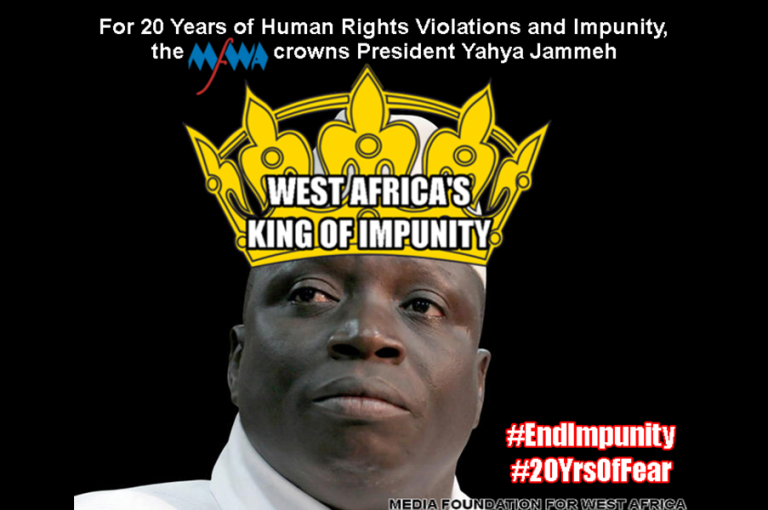In its first judgment on free speech, the African Court on Human and Peoples’ Rights has ruled that imprisonment for defamation violates the right to freedom of expression while criminal defamation laws should only be used in restricted circumstances. The Court ordered Burkina Faso to change its criminal defamation laws.
The court handed down judgment today in the case of Konaté v. Burkina Faso. The case was brought on behalf of Lohé Issa Konaté, a journalist from Burkina Faso who was jailed for a year for newspaper reports in which he accused a prosecutor of corruption. The judgment is binding on African Union member States, where imprisonment for libel is rife, and will have major implications for media freedom across the continent.
Lohé Issa Konaté, who edits the newspaper L’Ouragan (’the Hurricane’), was represented before the Court by MLDI’s Legal Director Nani Jansen, John Jones QC and Steven Finizio. They argued that the Court should rule not only that Mr Konaté’s rights were violated – he had excellent sources for his report, which he was prevented from bringing before the local courts – but that no journalist should ever be imprisoned for defamation. This argument was supported by a coalition of interveners who stated that defamation disputes should be handled under civil law and that criminal prosecutions should be brought only in matters such as incitement to violence.
Criminal defamation laws are a widespread problem not only in Africa, but worldwide, being used as a tool to silence members of the press, bloggers, political activists and human rights defenders.
Lohé Issa Konaté said: “I am very pleased with this judgment. The African Court has recognised the injustice I have suffered. Not only am I happy from a personal point of view, but also because this decision Court will have positive implications for all my fellow journalists who face great risks, including, as I did, imprisonment, for reporting on issues that matter. This is a victory for the entire profession.”
Nani Jansen, representing Mr Konaté, said: “This is a very good outcome. The African Court has aligned itself with consistent case law from the European and Inter-American Court by declaring that criminal defamation can only be resorted to under restricted circumstances. Justice has been done for our client, Mr Konaté. We are very pleased with the result.”
Source: MLDI

